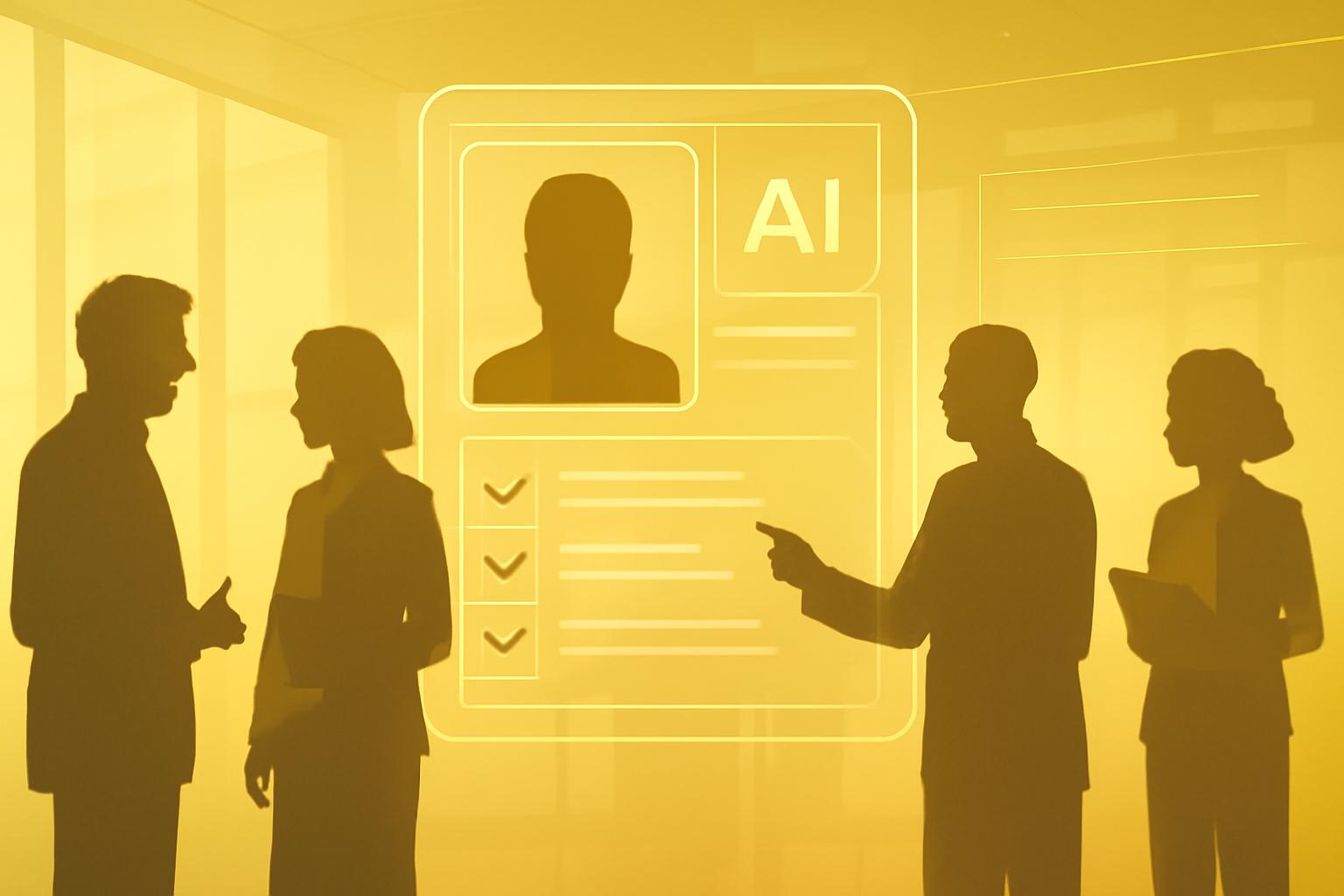Rising Use of AI in Job Applications Sparks Caution Among Career Experts
As artificial intelligence becomes increasingly integrated into job-seeking strategies, industry experts are urging candidates to exercise caution. A recent report by Career Group Companies reveals that approximately 65% of applicants incorporate AI tools at some stage of their job search. While these technologies offer convenience, experts warn that overreliance can lead to significant pitfalls.
Risks of Blind Trust in AI
Jen DeLorenzo, founder of The Career Raven and seasoned career coach, highlights the risk of AI hallucinations—instances where AI generates fabricated or exaggerated content to meet user prompts. She notes that when AI is tasked with tailoring resumes to specific job descriptions, it may invent credentials or misrepresent job titles if perfect alignment is lacking. Such inaccuracies can jeopardize candidates during interviews when they cannot substantiate claims.
Jessye Kass Karlin, a fractional recruiter and former career coach, adds that AI-produced applications often suffer from a lack of individuality. Recruiters can easily identify AI-generated resumes due to their repetitive structure and formulaic language, which undermines the authenticity that distinguishes top candidates.
Real-World Consequences of AI Misuse
Both DeLorenzo and Karlin have encountered clients and applicants negatively affected by AI errors. One client, for example, failed to review AI-edited resumes and inadvertently submitted documents containing inflated work experience, resulting in interview anxiety and unpreparedness. Karlin recounts an incident where a candidate mistakenly included AI prompt phrases in their application answers, such as responding to “Why do you want to work here?” with an AI-generated statement disclaiming emotions.
Guidance for Effective AI Integration
Despite these challenges, experts do not dismiss AI outright but emphasize the necessity of human oversight. DeLorenzo advises candidates to draft their resumes and cover letters independently and then use AI tools solely for refinement. She warns against frequent rewrites driven by AI, which can foster complacency and errors, including misnaming prospective employers—a potentially career-damaging mistake.
Karlin points out that AI-generated resumes often become keyword-stuffed and difficult to read, diluting the impact of genuine achievements. She stresses that employers seek authentic narratives that convey a candidate’s true contributions and motivations.
Balancing Technology and Authenticity in Job Searches
The job application process can be daunting, and the allure of delegating tasks to AI is understandable. However, as Karlin notes, hiring managers ultimately want to engage with the individual behind the application, not the AI tools they employ. Maintaining personal voice and verifying all AI-generated content remain crucial steps to avoid costly missteps.
For job seekers aiming to differentiate themselves, CNBC Make It offers a new online course, How to Build a Standout Personal Brand: Online, In Person, and At Work, designed to help candidates develop skills and reputations that AI cannot replicate.
FinOracleAI — Market View
The widespread use of AI in job applications reflects broader digitization trends in recruitment. While AI can enhance efficiency, the risks of misinformation and loss of authenticity may prompt employers to scrutinize applications more closely, potentially slowing digital adoption.
Investors and market participants should monitor developments in AI recruitment tools, regulatory responses regarding transparency, and shifts in employer preferences for candidate evaluation. The balance between automation and human judgment will shape recruitment technology demand in the near term.
Impact: neutral













